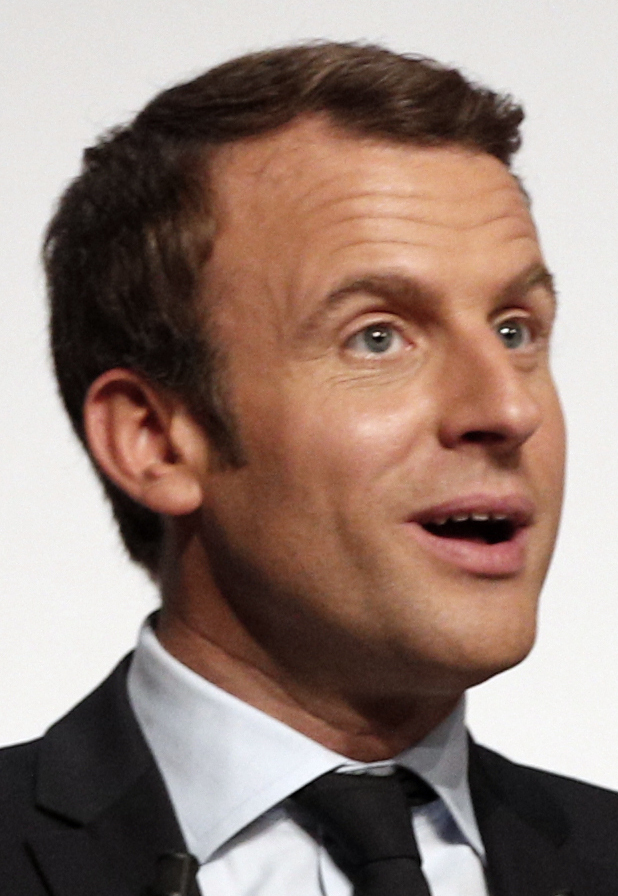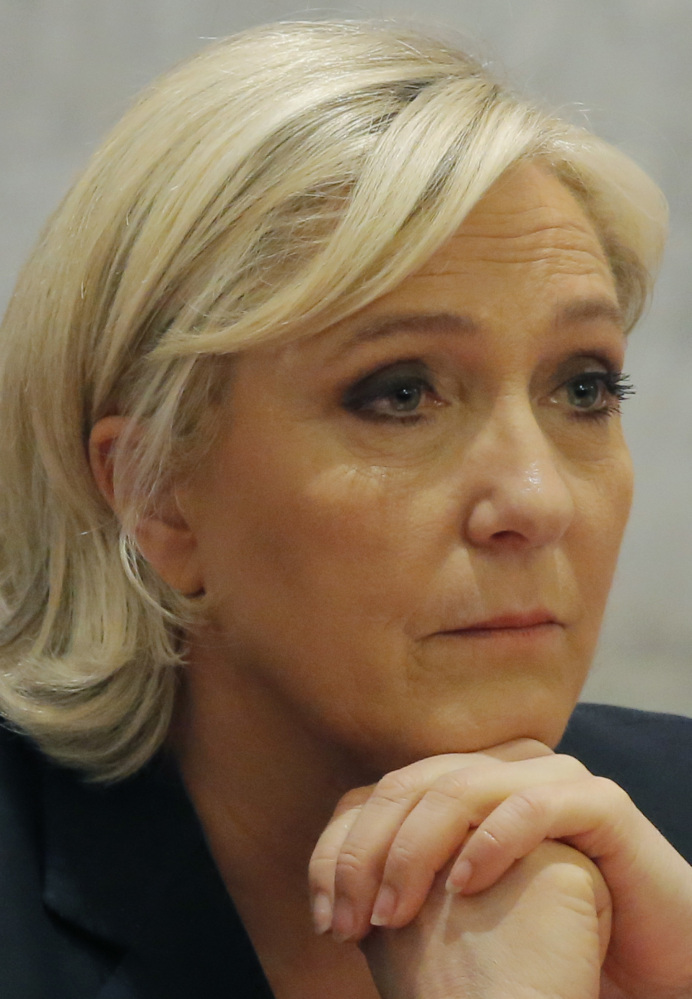POITIERS, France — Whether or not Emmanuel Macron wins the French presidency in next Sunday’s runoff, he has already accomplished the unthinkable.
That’s thanks to an unorthodox, American-style grassroots campaign, which has harvested ideas from the left and the right, tossed them with a dose of startup culture and business school acumen and produced a political phenomenon. Without a party to back him up or any experience stumping for votes, the 39-year-old Macron came out on top of the first round of the French presidential vote, winning over 8 million voters and overturning decades of French political expectations.
An inside look by the AP at Macron’s campaign found a mix of high-tech savvy, political naivete and a jarring disconnect between his multilingual, well-traveled campaign team and a mass of ordinary voters who have never left France and fear being crushed by immigration and job losses.
“It’s not a done deal,” campaign spokeswoman Laurence Haim said Saturday, careful to insist that, despite polls naming Macron the election favorite, risks remain. “We are extremely cautious.”
The centrist Macron is facing off against far-right National Front leader Marine Le Pen in the presidential runoff.
Detractors dub Macron a bubble that, if elected, would deflate and self-destruct at the first national crisis. Le Pen labels him a puppet of the borderless financial and political elite at a time when many workers feel like globalization roadkill.
Le Pen’s campaign is unusual in its own ways. She has broadened her support base far beyond the xenophobic old guard associated with her National Front party when her father Jean-Marie was in charge. Today the people stumping for Le Pen votes at farmers’ markets and university campuses include the children of immigrants, academics, gays and former communists. She is also campaigning in her own name — not that of her party, a clear bid to distance herself from its past stigma.
Macron’s team wants to puncture the heterogeneous image of Le Pen’s campaign, and paints her as a closed-minded nationalist with a dangerous populist vision.
“It’s a fight between two different kinds of societies, for France and for Europe,” Haim said. “We are going to show the French people — and hopefully the world — that we are fighting for something bigger than us.”
Haim worked 25 years as a journalist in Washington before deciding to join politics in December — out of fear of seeing a French Donald Trump rise to power on a populist wave.
“Of course we feel the Trump effect,” Haim said. “The Marine Le Pen people watched very carefully what Donald Trump was doing.”
Since Macron won the first-round vote, Haim and other members of his team have been shuttling non-stop around France, from a factory in Macron’s northern hometown of Amiens to the site of a Nazi massacre to a farm in Usseau in central France. His campaign headquarters in southern Paris includes a nap room, though it’s used more for storing spare shoes than rest.
Macron’s team starts their day about 7 a.m. and goes until 1 a.m., huddling around laptops in a low-profile office building. A crucial part of the operation is the “riposte desk,” assigned with tracking Macron’s public statements and the social media reaction. For each hostile tweet, Macron’s team tries to counter.
National Front activists and their supporters have a head start here — they’ve been using social networks for years to build their following outside France’s traditional media.
Send questions/comments to the editors.




Success. Please wait for the page to reload. If the page does not reload within 5 seconds, please refresh the page.
Enter your email and password to access comments.
Hi, to comment on stories you must . This profile is in addition to your subscription and website login.
Already have a commenting profile? .
Invalid username/password.
Please check your email to confirm and complete your registration.
Only subscribers are eligible to post comments. Please subscribe or login first for digital access. Here’s why.
Use the form below to reset your password. When you've submitted your account email, we will send an email with a reset code.